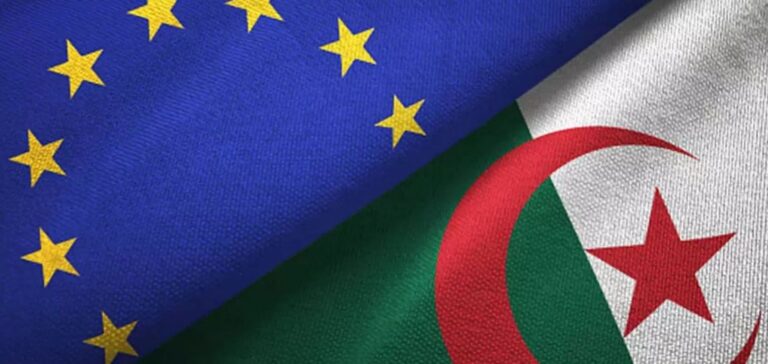The head of European diplomacy, Josep Borrell, will visit Algeria on March 12 and 13. The objective of this two-day official visit is to strengthen the partnership between Algeria, a major gas exporter, and the European Union (EU).
In-depth discussions to strengthen the partnership between Algeria and the EU
During his visit, Josep Borrell will meet with Algerian President Abdelmadjid Tebboune, Prime Minister Aïmene Benabderrahmane and Foreign Minister Ramtane Lamamra. The opportunity for the High Representative of the EU for Foreign Affairs and Security Policy to discuss areas of mutual interest covered by the EU-Algeria Association Agreement, to further strengthen the dialogue and cooperation between the two parties.
A regional geopolitical situation at the heart of the discussions
The geopolitical situation in the region will also be at the heart of the discussions, including the situation in the Sahel, where Algeria strives to play a mediating role in the crises in Libya and Mali. Algeria, which fears the risks of instability on its borders, wishes to reactivate its role on the regional diplomatic scene.
Algeria, first African exporter of natural gas
Algeria is also Africa’s leading exporter of natural gas, with proven reserves of nearly 2.4 trillion m3. Several European countries, anxious to diversify their supplies to reduce their dependence on Russian hydrocarbons, have turned to Algerian gas. Before the Russian invasion of Ukraine, Algeria supplied about 11% of the gas consumed in Europe, against 47% for Russia.
Algeria opposes temporary wholesale gas price cap mechanism
At the end of last December, Algeria had expressed its opposition to the temporary mechanism adopted by the EU to cap wholesale gas prices. The country advocated for “free energy markets”, while reaffirming to be “a reliable and secure supplier for Europe”.
An important diplomatic visit to strengthen ties between Algeria and the EU
This diplomatic visit of Josep Borrell in Algeria is important to strengthen ties between Algeria and the EU, especially in the field of energy. It will also discuss the regional geopolitical situation, where Algeria plays an increasingly important role as a mediator in the crises in Libya and Mali.






















